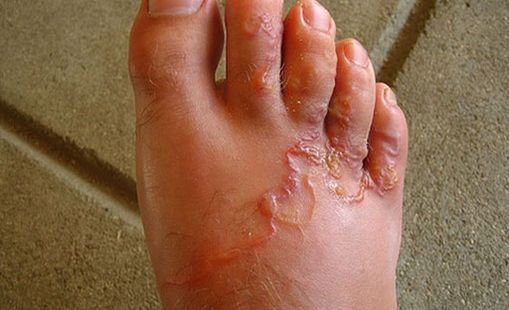

This event was part of the Faculty of Veterinary and Agricultural Sciences’ Dean’s Research Seminars. ceylanicum as the second most common hookworm of humans in this region, the importance of appropriate diagnosis and implementation of concurrent dog health programs will prove vital in ensuring this emerging zoonosis remains sustainably controlled. Gastrointestinal worms such as roundworms, whipworms, threadworms and hookworms are an enormous health burden in resource poor communities in our region, and the World Health Organization’s 2020 Roadmap for eliminating the morbidity associated with these infections has resulted in significant scaling up of global mass deworming programs in the Asia-Pacific. ceylanicum to human health has not been studied on a population scale, sporadic case reports suggest that the dog hookworm can produce symptoms of abdominal pain, diarrhoea, gastrointestinal bleeding, and anaemia in chronic infections. In this online seminar, "Pets, people and parasites: Dog health programs for the prevention of human hookworm infections in the Asia Pacific", Professor Traub discusses innovative health management methods being deployed by her group against potentially debilitating parasites of humans and animals.Īlthough the contribution of A. Professor Rebecca Traub (left) receives the Bancroft-Mackerras Medal for Excellence from Professor Una Ryan, President of the Australian Society for Parasitology.

It is one of many zoonotic parasites that make the move between humans and other animals, causing a range of health and socioeconomic burdens.


 0 kommentar(er)
0 kommentar(er)
